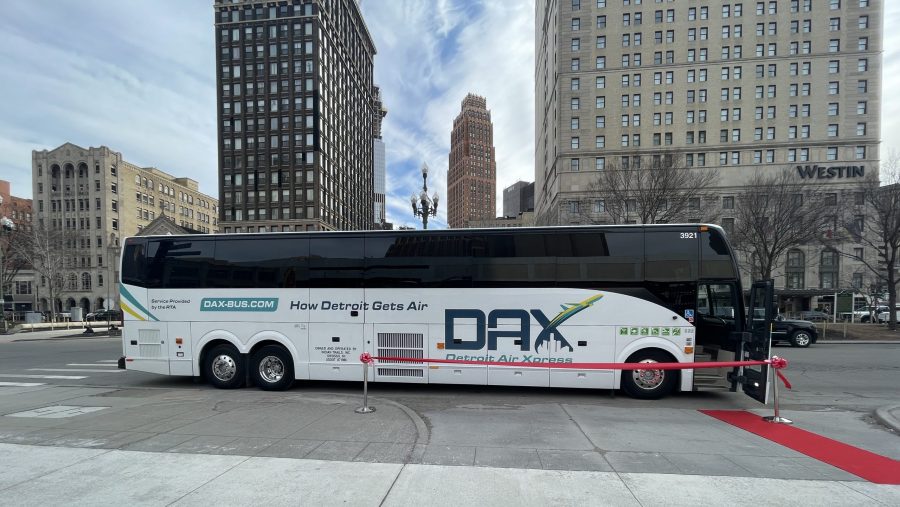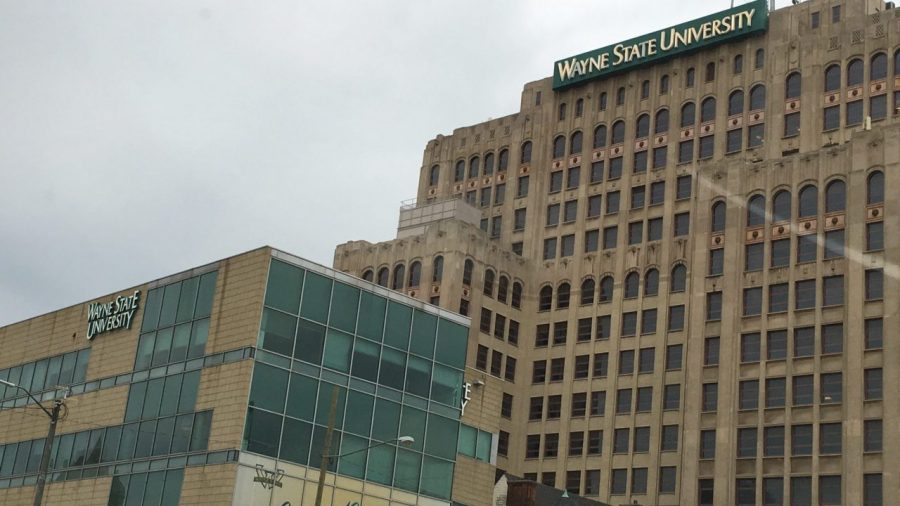Detroit Evening Report: Dearborn utilizes drones to help first responders
Dearborn will soon use drones to serve as the very first responders in a variety of incidents where police assistance is requested. The Drones as First Responder program is the first in Michigan. It will deploy aerial drones to any part of the city within 5 minutes to provide real-time video information about situations including traffic accidents, vehicle and property break-ins and violent crimes.
The city says the footage will allow officers to respond more safely to emergencies and complex situations and improve decision-making. They say officers will be able to better assess situations before they arrive on scene.
The police department says it will make flight data available to the public on a transparency dashboard.
Additional headlines for Tuesday, Feb. 3, 2026
Dearborn Public Schools continues search for superintendent
The search continues to find a superintendent for Dearborn Public Schools. Former superintendent Dr. Glenn Maleyko, stepped down from his position to serve as the State Superintendent. Lamis Srour is serving as the interim super until the position is filled.
The district is collecting public input about the search until Feb. 16. People can fill out an online survey available in English, Arabic and Spanish. The Michigan Leadership Institute will also host stakeholder meetings Feb. 5 at 9 a.m. and 6 p.m.
The district hopes to have a new leader ready to start on July 1, 2026.
EPA removes hazardous materials
The Environmental Protection Agency is removing hazardous materials from a former industrial chemical plant in Detroit.
The EMCO facility on Lawton Street closed in 2023. Nine months later, someone vandalized the property and set a car on fire, which spread to a storage site containing more than 400 drums of chemicals. The Detroit Fire Department put the flames out before the drums could ignite.
The EPA says it should finish cleaning up the site this summer.
Hollier announces state senate run
Adam Hollier announced he is no longer running for Secretary of State. Instead he will run for the state senate seat for District 3. District 3 includes Hamtramck, Highland Park and the east side of Detroit. Stephanie Chang currently represents the district. Hollier served in the state senate representing District 2 from 2018-2023.
Detroit Red program honors Malcolm X, jazz, and Detroit
A new musical performance honoring the legacy of Malcolm X, the history of jazz, and Detroit is coming to Wayne State University. Detroit Red has a 10-piece multidisciplinary ensemble composed of artists LuFuki and Destiny Muhammad. The program will include panel discussions, workshops, and performances.
Detroit Red will be held Feb. 8th at the Valade Jazz Center at Wayne State University. Malcolm X gave his last speech at the university’s State Hall on February 14th in 1965. The program is hosted by DREAM of Detroit and is free to the public. To reserve your spot, visit detroitred.org.
Konjo Me has a new location
Ethiopian food pop-up Konjo Me has found a home at the Detroit Shipping Company. The space is currently under construction, but owner Helina Melaku says it will open soon, offering fresh Ethiopian food, coffee and culture to diners in Midtown.
Listen to the latest episode of the “Detroit Evening Report” on Apple Podcasts, Spotify, NPR.org or wherever you get your podcasts.
Support local journalism.
WDET strives to cover what’s happening in your community. As a public media institution, we maintain our ability to explore the music and culture of our region through independent support from readers like you. If you value WDET as your source of news, music and conversation, please make a gift today.The post Detroit Evening Report: Dearborn utilizes drones to help first responders appeared first on WDET 101.9 FM.

 Leora Tadgerson
Leora Tadgerson







